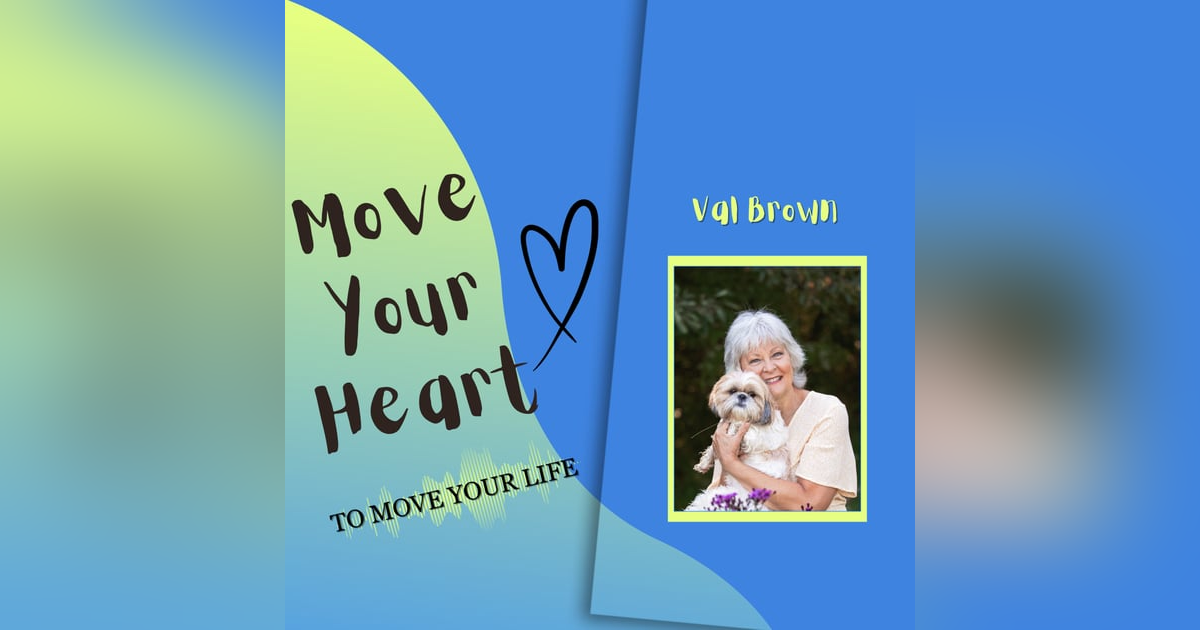Brokenness

The Dichotomy
Hiding brokenness, while attempting to present to the world our version of a healthy individual, creates an internal dichotomy, schizophrenia on some level between our mind, emotions, and spirit. Can you identify with that? Brokenness feels like an unacceptable weakness; it's strength we admire--in others, and in ourselves. We like feeling strong; it gives us a sense of power. But if we're honest, both brokenness and strengths exist within our authentic selves. Brokenness isn't our problem; ignoring our brokenness is our problem. We're all broken. Truly, the journey to wholeness begins when we recognize, unmask, and seek help for our brokenness.
Unmasking Our Brokenness
It's one thing to accept my own brokenness. The scarier step is letting others see the real me.
Unmasking makes us vulnerable to judgment; judged by those who feel elevated when they compare their brokenness and failures to ours. And then we're also vulnerable to the well-meaning folks, like former me, who step in with quick formulas to help fix the brokenness. I've learned. Brokenness runs deep. Brokenness wounds. Brokenness scars. Only God can heal brokenness.
"What would people think if they saw the real me?"
Brokenness in Christian Circles
As of this writing, I've been a dedicated disciple of Christ for over 46 years. Prior to that, I lived with broken parents; I became more personally broken through teenage experimentation; and I joined myself to a broken mate. Broken separately and broken together. That's very difficult. I'm sure you know what I mean.
In church, I was rightly taught the ways of exchange:
- exchange my sinful nature, for Christ's righteousness;
- lay aside the old man and put on the new man in Christ;
- walk in the Spirit, and you will not carry out the desires of the flesh.
These are Biblical Truths, and I embrace them fully, then and now. But how that played out in my life wasn't healthy. I l strove to lay aside or override my mental and emotional hurts. To my detriment, they became scarring, abiding weights within me. Just choosing Christian-right words and actions caused the little girl inside me to feel abandoned, helpless, and without human compassion. I cried, and then I didn't; then I screamed silently in my pain.
But Jesus understood my pain, and I ran to Him often. His arms were open and ready to receive me, not only to embrace and comfort me, but to come alongside me to lift my pain and mixed-up feelings. In His presence, He became my refuge, my fortress, and my strong tower, the rock on which I could stand to not be swallowed. He was strength to me in my weakness.
When I left my respite time with Him, I resumed the position of trying to live strong for Him with wounds that wouldn't heal in my very real tormenting situation, mostly because I lacked understanding in what He expected of me.
He never asked me to be strong for Him. My hurts and feelings were not character imperfections or weaknesses, but wounds that needed His healing touch.
"The Way" Out of Brokenness
I've found, it's in Jesus' presence where we CAN BE REAL, can be honest. When we're honest and pour out our hearts before Him, we meet with a kind, compassionate Savior, who suffered torment of mind and spirit and human emotions during His days on earth living as a man. The stability for His soul and walk on earth came from His encounters with His heavenly Father. He admitted in John 8:19, "Therefore Jesus answered and was saying to them, 'Truly, truly, I say to you, the Son can do nothing of Himself unless it is something He sees the Father doing; for whatever the Father does, these things the Son also does in like manner."
When we read Jesus' admittance that He lived in complete reliance on God, doesn't that give us permission to admit our own frailty? Since God the Father didn't expect Him to be strong in Himself, shouldn't that apply to us, too? Of course, to both.
I'm here to tell you: everyone has hurts, habits, or hang-ups. I'm here to tell you: acknowledge your brokenness. I'm here to tell you: there is compassion for you and me in the presence of Jesus. Full release from brokenness can only come from honest encounters with Jesus. He understands brokenness. Jesus is the Healer of, and Deliverer from, brokenness. JESUS is the way out of brokenness.
If you’re not convinced you're broken, I invite you to read my earlier post: The Divine Design & Broken Mankind. The great fall of Adam and Eve broke and rewrote man's original, divine DNA.
Help for the Journey to Wholeness
Some of life's wounds are too overwhelming to work through without someone to come alongside us for the journey out of our brokenness. Don't stop at being a Victim, or even a Survivor. Don't try to be a Hero. We lose too many precious lives to suicide because their brokenness became an unbearable burden.
Reach out for help. You might want to consider these options:
1. Mental Health Professionals
Seeing a mental health professional has become very commonplace and acceptable in our society. It no longer carries the stigma it once held, especially in our churches. Even if your seeking help might be seen as a weakness in you by onlookers, THEY are not living your story! Press on to get the help you need. Truly, the journey to wholeness begins when we acknowledge our brokenness.
2. Celebrate Recovery®
Celebrate Recovery® (CR) is a Bible-based 12-step Recovery Program, a ministry that started at Saddleback Church, founded by Pastors Rick Warren and John Baker. They report that in over 25 years, more than 1.5 million people have gone through their Christ-centered recovery program. Tens of thousands of churches host weekly Celebrate Recovery® meetings.
I became familiar with CR when a local chapter began holding its weekly meetings in our church building. I felt drawn to the ministry—"Maybe the Lord would use me to help someone else in their brokenness," I thought. Fortunately, to become a servant in this ministry, a person has to go through the 12 Steps as a participant. I say “fortunately,” because it was in a CR meeting that I heard the concept that everyone has a hurt, habit, or hang-up. The concept was in direct opposition to what I believed about "laying aside the old man, and putting on the new man." I bristled against what I'd heard, believing that if I embraced that mindset, it meant that hurt, habits, and hang-ups had permission to stay. I didn't realize that by not admitting their presence, they absolutely lived with me on a suppressed level.
Book One of the Participant's Guide, "Stepping Out of Denial Into God's Grace," introduces lessons called: Denial, Powerless, Hope, Sanity, Turn, and Action. As a participant doing the homework for those first lessons, I read Scriptures that gave me permission and grace to accept my brokenness. Some key Scriptures for me were:
"You can't heal a wound by saying it's not there!" Jeremiah 6:14, TLB
"If we say that we have no sin, we are deceiving ourselves and the truth is not in us. If we confess our sins, He is faithful and righteous to forgive us our sins and to cleanse us from all unrighteousness. If we say that we have not sinned, we make Him a liar and His word is not in us." 1 John 1:8-10, NASB
"Search me, O God, and know my heart; try me and know my anxious thoughts; and see if there be any hurtful way in me, and lead me in the everlasting way." Psalm 139:23, 24, NASB
It was that third Scripture, Psalm 139:23, 24, that became my prayer, my opening the door and giving permission to the Holy Spirit to begin searching the depths of me for my hurts, habits, and hang-ups. I acknowledged my hurts. I became willing to embrace my brokenness so that He could help me work through them.
I highly recommend CR. The Program fosters a safe, confidential environment, where hurting individuals gather to find compassion and courage for their personal journey toward wholeness.
3. A Trusted Individual
If you're not ready, or able, to reach out for help in a structured environment, at least consider sharing your struggles with a trusted individual. Even if you've not been a praying person, pray first. Ask God to draw you to someone who will be trustworthy with your heart, as you share your inward battles, your wounds, and your hurtful ways.
In Closing
Thank you for reading this post. It is my earnest prayer that you have found comfort in knowing that everyone else struggles, too. If you didn't realize that before now, please embrace this fact: we all have broken places in our lives. You are not alone or uniquely broken.
Lastly, I need to share that I have discovered that trusting Jesus with my deepest hurts and struggles has taken me to levels of hope and peace, and victory infinitely beyond what I could have ever imagined. I know He'll walk the journey with you as well.













